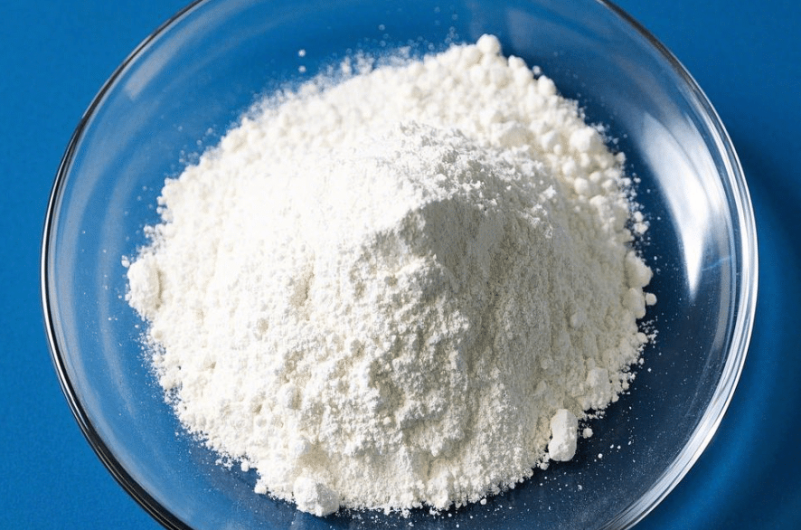Mineral Nutrition Supplier
Welcome to Gensei, your dedicated Mineral Nutrition Supplier, offering a comprehensive range of essential minerals for optimal health and well-being. We understand the critical role that minerals play in various bodily functions, and we are committed to providing high-quality, bioavailable mineral ingredients for your formulations. As a leading Mineral Nutrition Supplier, we specialize in chelated minerals, known for their superior absorption and utilization by the body.
Our selection includes premium Calcium Chelate, a highly absorbable form of calcium crucial for bone health, muscle function, and nerve transmission. We also offer Chelated Copper, an essential trace mineral vital for enzyme function, iron metabolism, and immune support. Furthermore, our Magnesium Amino Acid Chelate provides excellent bioavailability of magnesium, which is involved in hundreds of biochemical reactions in the body, supporting energy production, muscle relaxation, and nerve function.
As your reliable Mineral Nutrition Supplier, Gensei ensures that all our mineral ingredients meet stringent quality standards. Our chelation process binds minerals to amino acids, enhancing their absorption in the digestive tract compared to traditional mineral salts. Whether you are formulating dietary supplements, fortified foods, or animal nutrition products, Gensei is your trusted source for high-quality mineral nutrition. Partner with us to provide your customers with the benefits of highly bioavailable minerals like Calcium Chelate, Chelated Copper, and Magnesium Amino Acid Chelate.
Why Choose Gensei as Your Mineral Nutrition Supplier?
When it comes to sourcing essential minerals for your nutritional products, Gensei offers a distinct advantage through our commitment to quality, bioavailability, and a comprehensive range of solutions. Choosing Gensei as your Mineral Nutrition Supplier means partnering with a company that prioritizes the effectiveness of your formulations.
Superior Bioavailability with Chelated Minerals
High-Quality Magnesium Amino Acid Chelate
Unwavering Commitment to Quality and Purity
Comprehensive Range of Mineral Nutrition Solutions
Competitive Pricing and Reliable Supply Chain
Expert Support and Dedicated Customer Service
Our State-of-the-Art Manufacturing Facilities
Explore our modern facilities equipped with advanced technology to ensure the highest quality in the production of your vitamins, herbal extracts, minerals, and amino acids.

















FAQ
Heart palpitations can have various causes, and it's crucial to consult a doctor to determine the underlying reason. While certain electrolyte imbalances can sometimes contribute to palpitations, there isn't a specific mineral or nutrient that universally "stops" them. Maintaining adequate levels of electrolytes like potassium and magnesium through a balanced diet can support heart health, but they are not a guaranteed cure for palpitations.
Mineral nutrients are inorganic substances that the body needs in small amounts to function properly. They are essential for various processes, including building strong bones, transmitting nerve impulses, maintaining fluid balance, and producing energy.
Without a list, here are some examples of trace minerals: iron, zinc, copper, iodine, selenium, manganese, fluoride, chromium, and molybdenum. Trace minerals are needed in very small amounts (milligrams or micrograms per day).
Mineral nutrients are naturally occurring inorganic substances that are essential for human health. They play vital roles in numerous bodily functions and must be obtained through the diet.
Minerals are considered inorganic nutrients because they are elements or compounds that do not contain carbon-hydrogen bonds. This is the defining characteristic of inorganic substances. In contrast, organic nutrients (like carbohydrates, fats, proteins, and vitamins) contain carbon-hydrogen bonds.
Yes, many minerals are essential nutrients. This means the body cannot produce them in sufficient amounts on its own, so they must be obtained from the diet to maintain health. Examples include calcium, iron, potassium, and zinc.
Yes, minerals are inherently inorganic substances, as explained in question 5.
No, minerals are not organic nutrients. Organic nutrients, by definition, contain carbon-hydrogen bonds, which minerals do not.
Yes, both vitamins and minerals are considered essential nutrients for humans. The body needs them to function correctly, but generally cannot produce them in sufficient quantities, so they must be obtained through diet or supplementation.
Yes, iron is an essential mineral nutrient. It plays a crucial role in carrying oxygen in the blood.
Fiber is a type of carbohydrate, which is a macronutrient. It is not a mineral. While fiber is essential for health, it falls under the category of carbohydrates, which are organic compounds.



